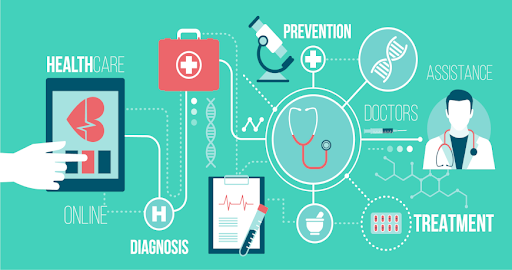Healthcare Focused AI System
Idea Description
Implementation of a healthcare-focused AI system in Oman is a technology-driven initiative aimed at improving the quality of healthcare services and reducing medical errors. The system will integrate various AI technologies such as machine learning, natural language processing, and computer vision, to enhance medical diagnosis, drug development, and patient care.
Statistics, Evidence, and Examples:
The implementation of AI in healthcare has been successful in several countries. In the United States, the AI system has been used to identify patients with sepsis, which is responsible for around 250,000 deaths annually. The AI system can identify the condition 12 hours earlier than traditional methods, increasing the chances of survival by up to 80%.
In China, Alibaba Group Holding Ltd. developed a deep learning algorithm that accurately diagnosed pigmented skin lesions with a sensitivity of 91%. The algorithm was tested against 21 dermatologists, and it was found to be superior in identifying melanomas and nevi.
In Canada, the University of Toronto developed an AI system that can predict the risk of death in patients with heart disease. The system was tested on 4,000 patients, and it was found to be more accurate than traditional risk prediction methods.
Challenges The Idea is Addressing
The current healthcare system in Oman faces several challenges, including a shortage of medical staff, an increase in chronic diseases, and medical errors. The implementation of a healthcare-focused AI system can help address these challenges by reducing medical errors, providing accurate diagnoses, and improving patient care.
Benefits of Idea Implementation
The implementation of a healthcare-focused AI system in Oman can have numerous benefits, including: 1. Improved patient care: AI can assist healthcare providers in making more accurate diagnoses and treatment decisions, leading to improved patient outcomes. 2. Reduced medical errors: AI can help reduce the risk of medical errors, which can have fatal consequences. 3. Increased efficiency: AI can automate many repetitive tasks, reducing the workload of medical staff and allowing them to focus on patient care. 4. Cost savings: AI can help reduce healthcare costs by improving resource utilization and reducing the length of hospital stays.
Proposed Number of Team Members
5
Team Members

Bio
Skills
Intrests
Similar Ideas
 14 July 2025
14 July 2025


















